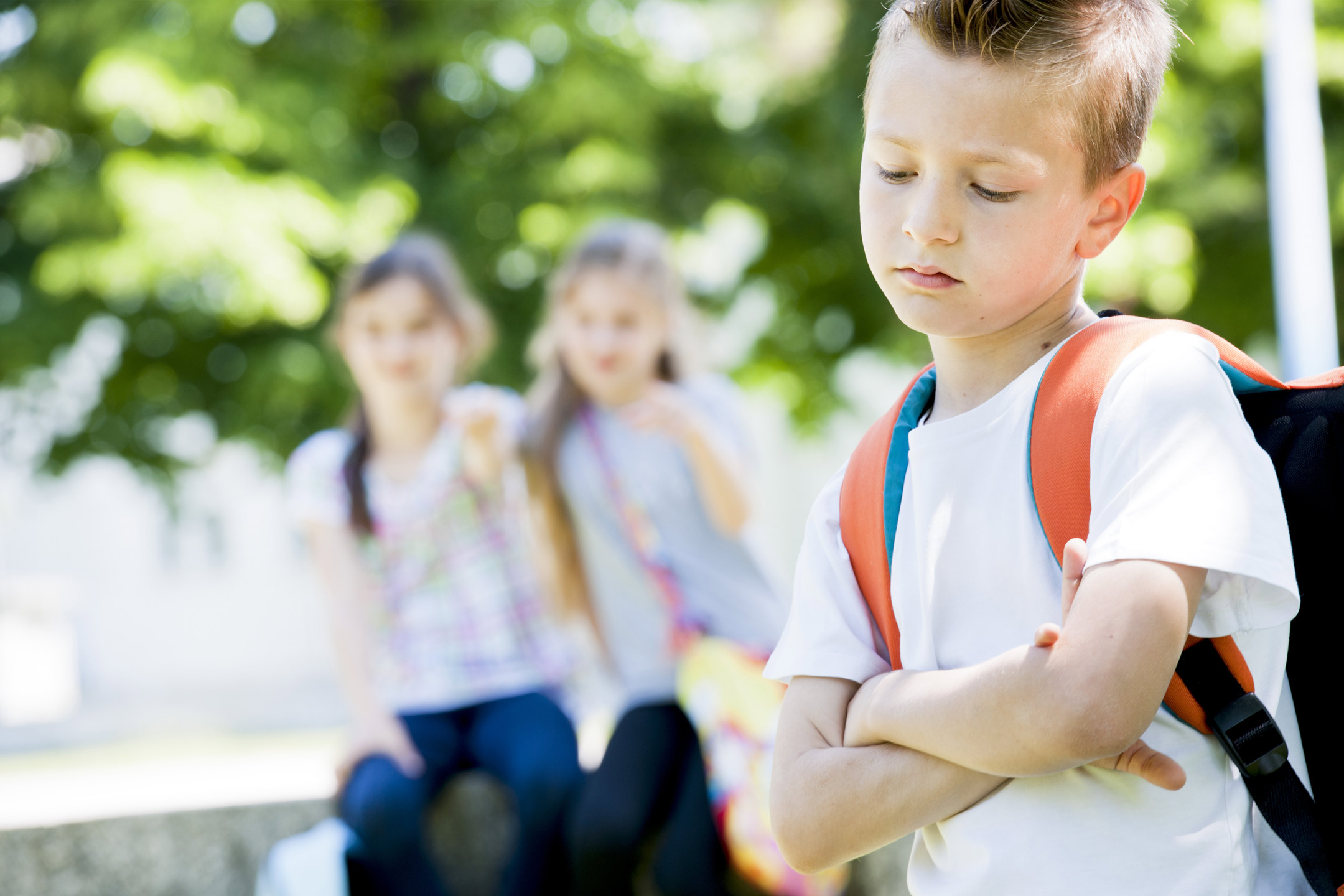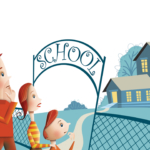
28 Oct How do I help my child to extract themselves from a ‘toxic’ friendship at school?
by Nigel Latta, Clinical psychologist, author of The Modern Family Survival Guide
On the face of it, this is a pretty simple issue, right? Except, there’s a bit more to this than simply figuring out how to ditch someone who’s not good for you. Rather than giving you a bunch of strategies for exiting a relationship, I think it’s better to give you some questions to talk about with your child.
This isn’t really an exit issue; it’s a philosophical issue. This is where you need to help your child to work out what they think friendships should be and what they expect from both their friends and themselves. My view is that our job isn’t to solve problems for our children, but to teach them the skills they will need in life to analyse and then respond to problems as they arise.
This is an opportunity to get them to reflect on the nature of friendships. To do that, I’d suggest spending time working through three questions:
- what does it mean to be someone’s friend?
- what do friends do for each other?
- how do I know the difference between a true friend and someone who is only pretending to be my friend?
It’s the conversation about those three questions that will help them to understand their current relationships, and it’s from that understanding that the ‘extraction’ will come. You cannot choose their friends, only they can, but they do sometimes need help to understand the difference between a genuine friend, and some of the other types of relationships that are out there.
Once they genuinely understand this other person truly is not their friend, then the rest is simple. They just walk away, they find other people and they build new relationships somewhere else.




